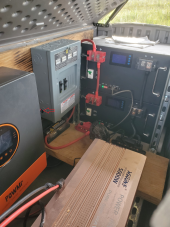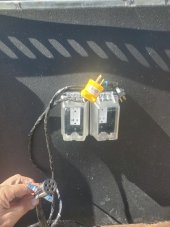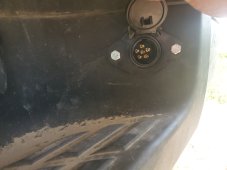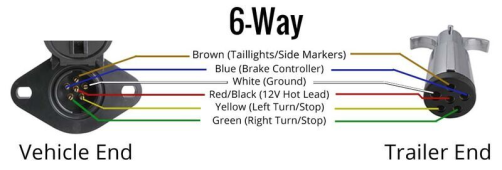timselectric
If I can do it, you can do it.
- Joined
- Feb 5, 2022
- Messages
- 18,883
Trailer plugs are not rated for 120v AC.I wired the house like a home and have 2 circuits that I hook a 6 pin trailer hook up for a pigtail. I was getting shocked touching my truck and the trailer this morning. It had rained overnight and was a very humid morning. Around noon after things had dried out I unplugged and reseated the 6 pin pigtail and after that the current stopped flowing on the truck and trailer.
Getting shocked is exactly what I would expect. Especially when moisture is involved.
You need the properly rated connector, that includes grounding.






